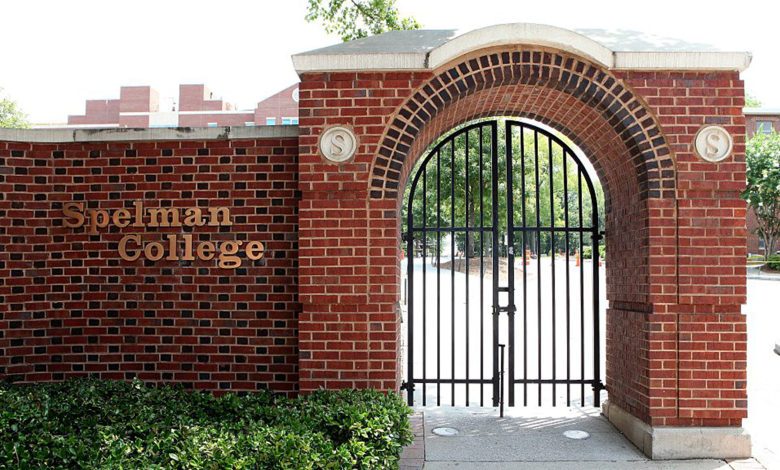Spelman College Diverts 300,000 Pounds Of Food Waste Through Campus Composting Effort


Spelman College has released new data outlining the environmental impact of its campus composting initiative.
According to an impact report from Compost Now, the college’s program has diverted 301,649 pounds of food waste since early 2020. The diversion prevented an estimated 784,288 pounds of carbon dioxide emissions, similar to the effects of driving 880,5062 miles, and avoided more than 31,000 pounds of methane emissions typically produced when food decomposes in landfills.
Compost Now reports that the finished compost has supported 113 garden partners and has the potential to grow the equivalent of more than 226,000 tomatoes.
“This initiative demonstrates that with the right partnerships, training, and leadership support, campuses can achieve measurable environmental impact while engaging students and staff in meaningful sustainability action,” Michael Walsh, Spelman’s grounds supervisor, said in a press release.
According to the release, the composting initiative is part of the institution’s Climate Action Plan, which outlines goals to reduce baseline greenhouse gas emissions by 50% by 2031, reach net-zero emissions by 2040, and work toward carbon neutrality by 2056. The plan includes strategies across university operations, including waste management and sustainability education.
“Building composting infrastructure isn’t just about diverting waste; it’s about cultivating a campus culture of sustainability. Every pound of food we divert represents a step toward climate-conscious practices and operational excellence at Spelman,” Iesha Baldwin, Spelman’s sustainability coordinator, said per the release.
According to the college, campus dining services also support the composting initiative. Spelman partnered with Bon Appétit Management Company in October 2023 to align dining practices with sustainability targets. Dawyn Patterson, Bon Appétit’s general manager, said many students were unfamiliar with composting, making education a key focus.
The university’s “Away With Waste” campaign introduced students to how composting functions in the dining environment. Patterson said students gained awareness through the campaign. The dining team also tracks waste daily, cooks in smaller batches, and converts unused produce into stock to limit food waste.
Lamont Fisher, Bon Appétit’s executive chef, said the company’s plant-based approach contributes to waste reduction and supports the college’s climate goals by lowering the environmental impact associated with meat production.
He added that Spelman’s composting initiative sets an example for other institutions: “A lot of people look to Spelman to see what we are doing. With that happening, that will also make people look at this school and say, ‘Hey, they are composting, they are minimizing waste and we can try to get on board just like Spelman.’”




